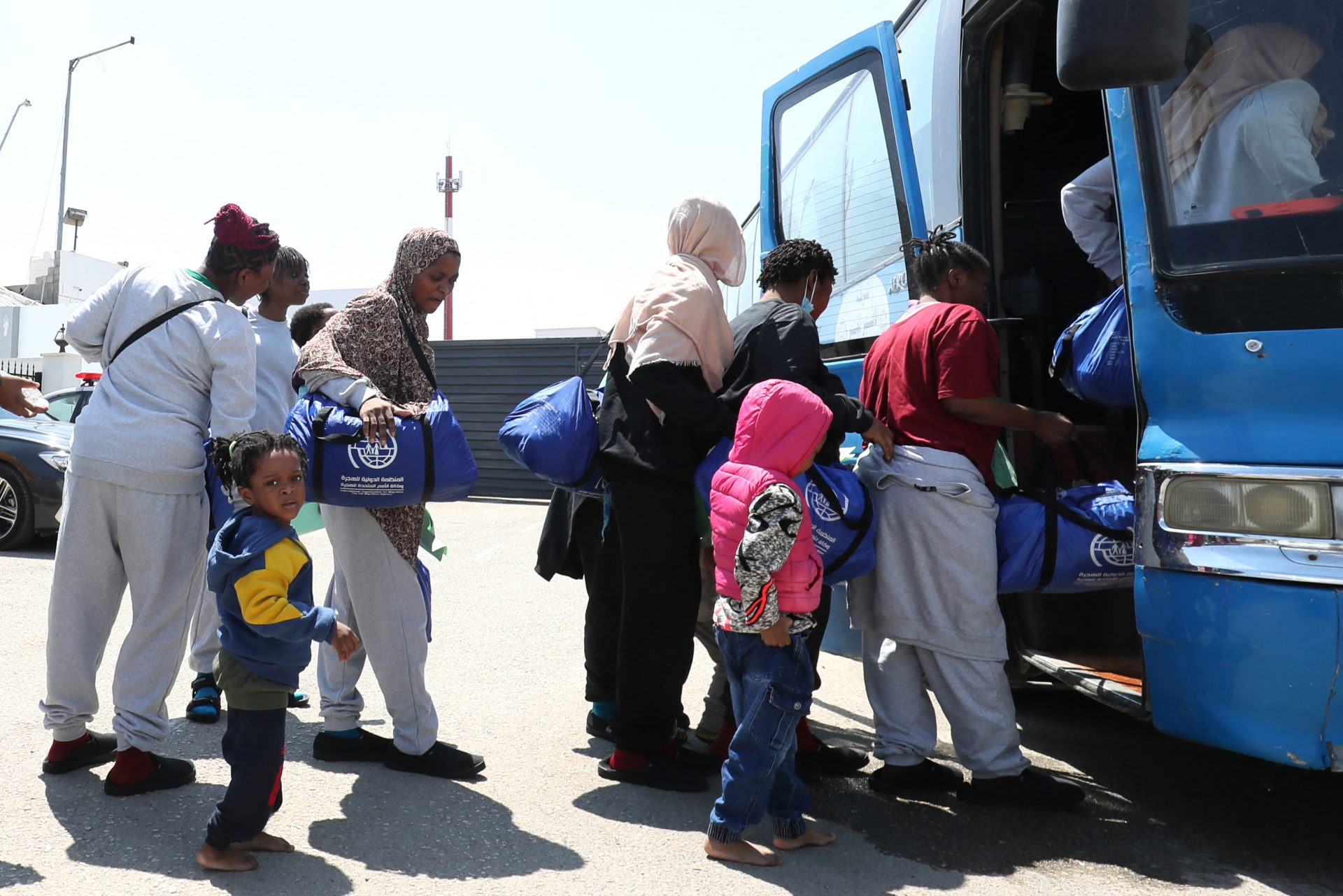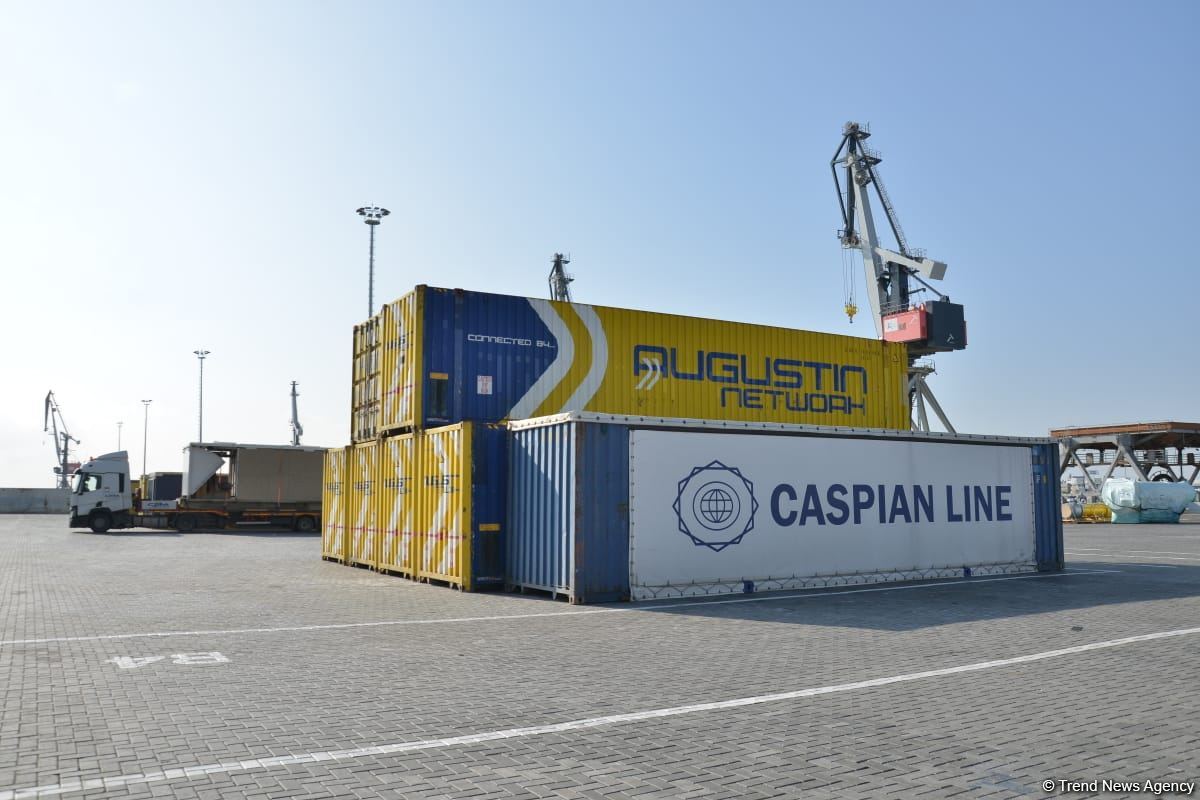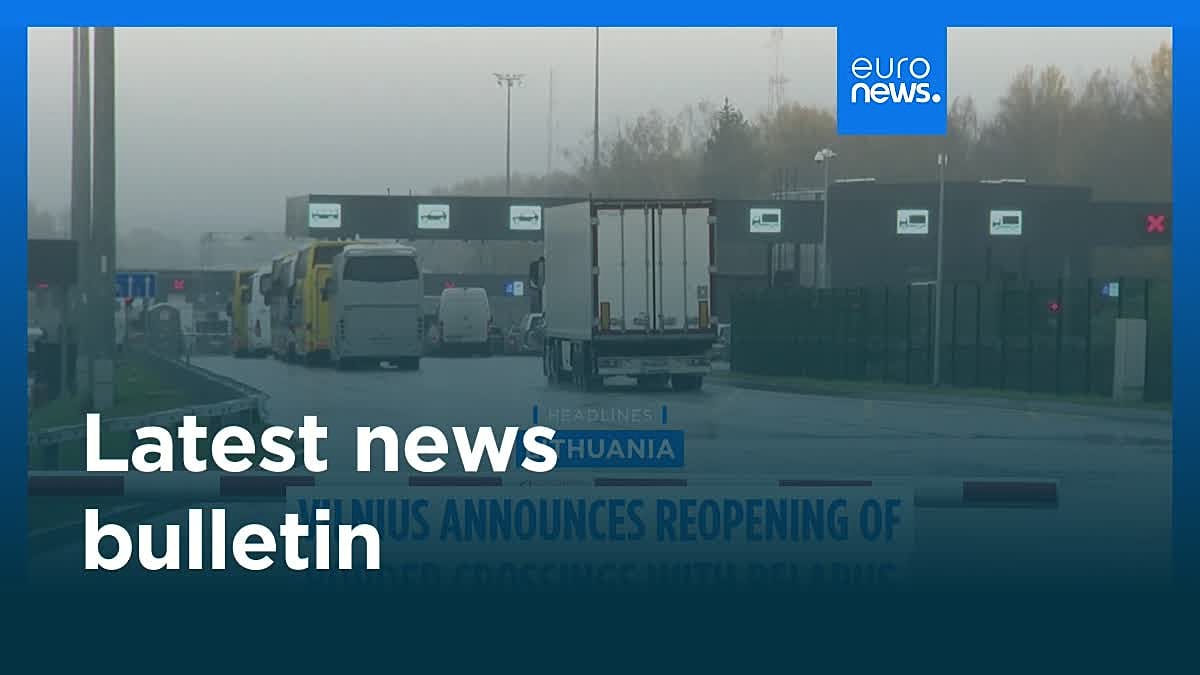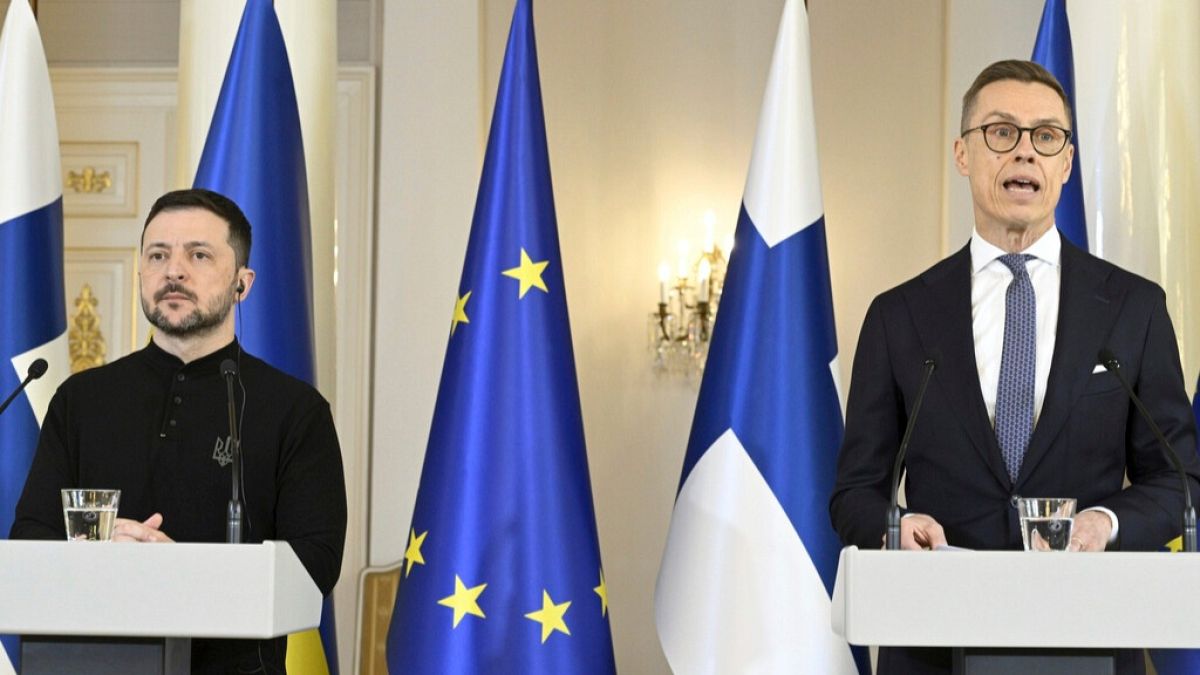EU countries should be allowed to deport more quickly to safe third countries

Brussels – The EU Commission presented a new proposal on Tuesday for more efficient asylum procedures and safe third countries. This is intended to make it easier for EU states to transfer individuals to safe third countries. A connection between the applicant and the relevant safe third country will no longer be necessary in the future. According to the proposal, even mere transit through a safe third country should be sufficient for the application of the safe third country concept.
The goal, according to Austria’s EU Migration Commissioner Magnus Brunner (ÖVP), is to make asylum procedures more efficient while upholding fundamental rights and relieving national authorities. The concept of the safe third country allows member states to consider an asylum application inadmissible if the applicants could receive effective protection in a safe third country. To apply this concept, asylum authorities currently need to demonstrate a connection between the applicant and the third country under EU law. The current proposal stipulates that such a connection will no longer be mandatory in the future. EU states can decide for themselves whether they want to apply this criterion or not.
According to today’s proposal, mere transit through a safe third country should be sufficient for the application of the concept. Furthermore, the application should also be possible if an agreement between an EU member state and a safe third country ensures that an assessment of the need for protection can take place there. This option does not apply to unaccompanied minors, the Commission emphasizes. To prevent delays and abuse, the Commission also proposes that legal remedies against inadmissibility decisions based on the safe third country concept should no longer have automatic suspensive effect.
The EU list of safe countries of origin currently includes seven countries
Kosovo, Bangladesh, Colombia, Egypt, India, Morocco, and Tunisia are to be considered safe countries of origin throughout the EU: This first EU-wide valid list was proposed by the EU Commission in mid-April in Brussels. This is intended to expedite procedures, as asylum applications from these countries have a low chance of success. National lists will continue to apply alongside this.
“Providing protection is a global responsibility – and the EU takes this responsibility seriously. Member states have been under significant migration pressure for over a decade. With the Pact on Migration and Asylum, the Commission, member states, and the European Parliament have agreed on a common system to manage this pressure. The revised concept of the safe third country is another tool that helps member states process asylum applications more efficiently – and this is fully in line with the values and fundamental rights of the EU,” said Brunner according to a press release.
The EU Asylum Pact must be implemented by June 2026
All agreements or arrangements with third countries should be reported to the Commission and the other member states before their conclusion to ensure transparency and compliance with EU law, according to the Brussels authority. Proposals from the EU Commission must still be negotiated and approved by EU states and the EU Parliament before they can take effect. The EU Asylum and Migration Pact must be implemented by June 2026. The reform of the EU asylum system includes numerous tightening of existing rules. The goal is to curb irregular migration.
Interior Minister Gerhard Karner (ÖVP) welcomed the proposal. “The possibility of conducting asylum procedures outside of Europe has long been demanded by Austria. This is absolutely necessary for a strict, tough, and thus also fair asylum policy. Thanks to Commissioner Magnus Brunner for consistently following the path chosen by Austria,” said Karner in a statement.
Lukas Mandl, security spokesperson for the ÖVP in the European Parliament, also welcomed the proposal. “The new rules for returns proposed under the leadership of Commissioner Magnus Brunner are good. A key aspect is the possibility of deporting individuals without residence rights to safe third countries. If an individual connection of these persons with the respective third country were a mandatory requirement, it would render the system absurd,” said Mandl in a press release.
“Magnus Brunner’s new proposal undermines fundamental rights for people seeking protection,” criticized Thomas Waitz, head of the Green delegation in the European Parliament, in a press release. “‘Out of sight – out of mind’ should not be the basis of EU migration policy. The right to protection in the EU is now being made partially impossible. The new asylum and migration pact is just being implemented, and new rules only create more confusion and legal uncertainty.” (20.05.2025)

















































